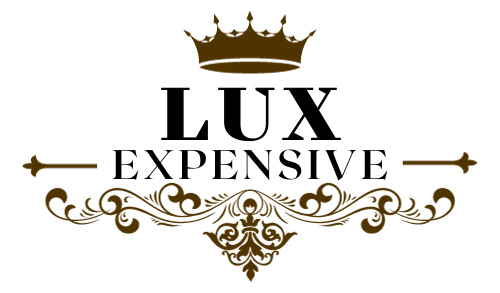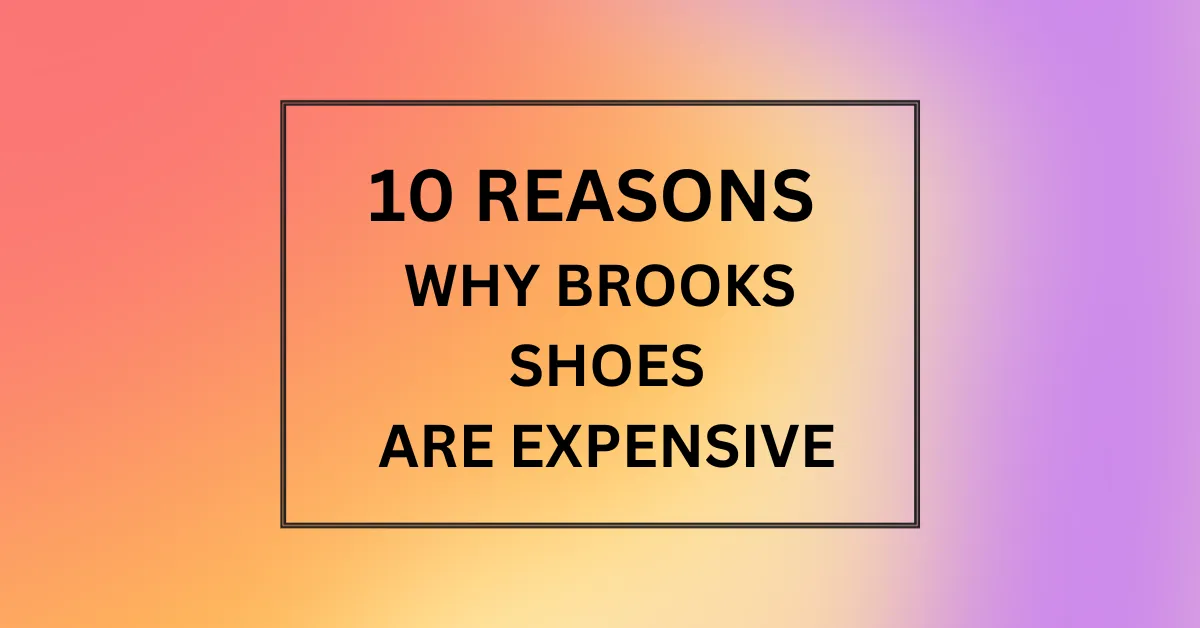Brooks shoes are expensive because they use high-quality materials, innovative technologies, employ extensive research and development, and invest in U.S. manufacturing and team sponsorships. This results in premium running shoes with excellent performance, comfort and durability that justify the higher prices for serious runners.
Brooks running shoes have become increasingly popular among runners and athletes in recent years. Known for their high-performance features and innovative technologies, Brooks shoes don’t come cheap.
But with their premium quality and comfort, many runners find them worth the investment. In this article, we’ll explore the top 10 reasons why Brooks shoes are more expensive than other running shoe brands.
Top 10 Reasons Why Brooks Shoes Are Expensive
1. High-quality materials
One of the biggest factors affecting the price of Brooks shoes is the use of high-quality materials in their construction. Brooks uses premium materials like feather-light mesh uppers, durable rubber outsoles, and responsive midsoles made from BioMoGo foam or DNA LOFT cushioning.
These advanced materials provide comfort, support, and responsiveness but also drive up manufacturing costs.
2. Innovative technology
Brooks is known as a technology innovator in the running shoe industry. Their shoes incorporate proprietary technologies like GuideRails support, DNA LOFT cushioning, and Segmented Crash Pad in the sole.
Developing and implementing these unique technologies requires significant investment. This gets passed onto the consumer through higher retail prices.
3. Made in the USA
Many Brooks shoes are made domestically in the USA rather than overseas. While overseas manufacturing is cheaper, Brooks invests in US production to maintain tighter quality control and ethical labor practices.
However, made in USA commands higher wages for American workers, which raises production costs.
4. Bio-mechanical design
Brooks employs teams of bio-mechanical engineers, biomechanists, and athletes to research the science of running and design shoes that match natural foot motion and provide personalized fit.
This intensive R&D process allows Brooks to create high-performance shoes tailored to different foot types and running gaits. But it requires major upfront investment which the company recoups through premium pricing.
5. Climate-specific shoes
Brooks tailors many of its shoes to different climate conditions and terrain like heat, cold, wetness or trails. Shoes meant for warm weather have ultra-breathable mesh while ones for cold or wet have waterproofing and insulation features.
The research, design and material costs for these climate-specific technologies contribute to the higher prices.
6. Limited production runs
Brooks produces some premium shoes in smaller batches which raises the per unit costs. Limited production runs allow them to use special materials and design features not feasible in mass production.
Scarcity from limited runs also enhances the brand’s exclusive appeal. But smaller production batches prevent economy of scale savings, necessitating higher prices.
7. High durability
Brooks shoes are built to last longer than the average running shoe, typically 300-500 miles vs. 300 miles. The sturdy materials and construction add to longevity but also push manufacturing costs up.
Runners ultimately pay more upfront but end up saving in the long run by not having to replace shoes as frequently.
8. Specialized designs
Many Brooks models are designed with a specific purpose or running need in mind, like stability, speedwork and trail running. These specialized designs require added research, engineering and innovation costs that generic running shoes don’t incur.
These expenses contribute to premium pricing for performance-focused models.
9. Brand reputation
As an established brand known for quality and performance, Brooks can command higher prices than less prominent brands. The Brooks name carries prestige and trust among serious runners who prioritize function over cost.
Its reputation gives it pricing power compared to less recognizable labels.
10. Team sponsorships
Brooks invests heavily in sponsoring race teams and elite athletes as a marketing tactic. The costs of these high-profile sponsorships add to the company’s expenses, which trickle down into retail pricing.
Sponsoring community races and events also helps build brand authority but requires significant marketing budgets.
FAQs
IS Brooks A Good Shoe Brand?
Yes, Brooks is considered one of the best running shoe brands due to their innovative bio-mechanical designs, high-performance features, premium materials and focus on comfort and support.
Are Brooks Shoes Good?
Brooks shoes are known for being extremely comfortable yet supportive and responsive. They utilize advanced technologies to provide a smooth, natural ride for all running gaits and foot types.
Where To Buy Brooks Shoes?
Brooks shoes can be purchased directly through their website or at most specialty running stores. Major retailers like Dick’s Sporting Goods, REI and Road Runner Sports also carry a variety of Brooks running shoe models.

